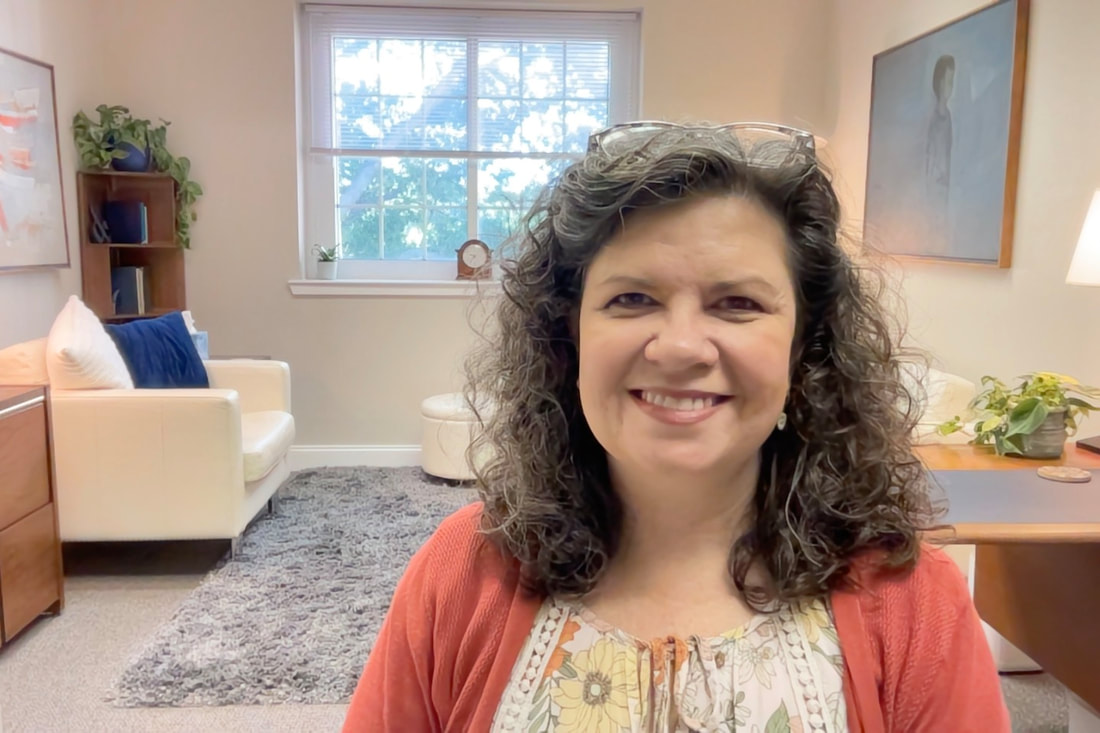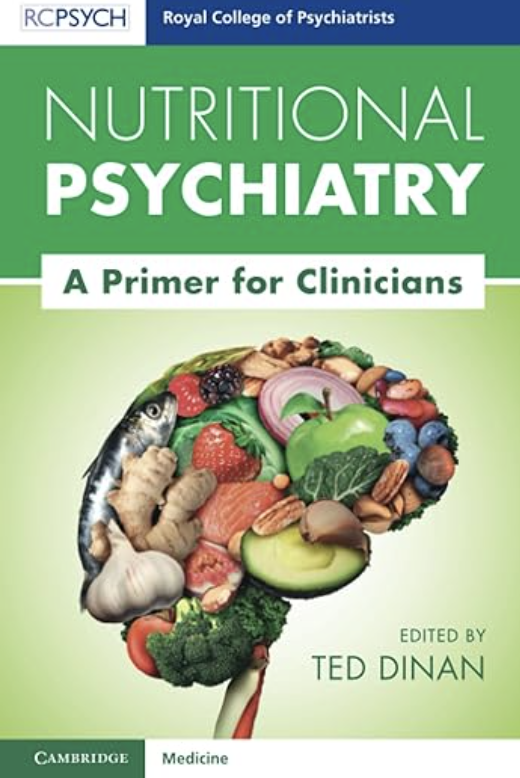|
Dallas is currently in the midst of another triple digit heatwave that, despite the no-doubt immanent arrival of pumpkin-spice season, shows no signs of letting up soon. While there are regular reminders in the news to guard against heat stroke and the physical effects of heat, it is also important to know that extreme heat can negatively impact our mental health as well. A recent meta-analysis published in The Lancet found positive associations between temperature and suicide rates, hospital admissions for mental illness, and community mental health outcomes. Aggression, domestic violence, and substance use can also increase during periods of extreme heat. Certain groups are more vulnerable to the mental health impacts of extreme heat. People with pre-existing mental health conditions, dementia, or those taking certain medications (more on that below) might be at higher risk. Socioeconomic factors, such as poverty and substance use disorders, also substantially contribute to vulnerability. Certain classes of medication used to manage physical health conditions can make it harder for your body to handle extreme heat. These include medications to treat heart conditions, blood pressure, diuretics, anticholinergics (such as those prescribed for Parkinson’s and overactive bladder), antihistamines, and decongestants.
Similarly, some medications used to manage mental health conditions can impact the body's ability to stay hydrated, regulate temperature, and respond to heat. These include central nervous system stimulants prescribed for ADD/ADHD, medications to treat depression and anxiety (SSRIs, SNRIs, and tricyclic antidepressants), as well as some medications prescribed for schizophrenia and bipolar disorders. These medications can be life-saving and have profound benefits for quality of life, so it is important for healthcare providers and patients to work together to manage medications effectively, especially during heatwaves or other extreme weather events. As we collectively navigate the extreme heat of the next several weeks, you can prioritize your physical and mental health by staying well-hydrated, taking precautions against becoming overheated, and checking on vulnerable family members, friends, and neighbors. If you'd like to learn more about the Lancet study, Dr. Robert Bright, a psychiatrist with the Mayo Clinic, talks more about that research and the effects of heat on mental health here. This video, developed by the Trauma Foundation, gives a helpful overview of how trauma and chronic stress affects our nervous system and how those effects impact our health and well-being. The content is largely based on Dr. Stephen Porges research on Polyvagal Theory. You can learn more about Polyvagal theory here. Research has shown physical movement to be a powerful tool in alleviating symptoms of depression and anxiety, as well as enhancing our overall sense of well-being. As we enter the sunshine and blue skies of Hot Texan Summer (TM), it is helpful to remember the beneficial effects of movement on our mental health and the importance of incorporating physical activity into our daily lives.
Over the years, a growing body of research has shed light on the positive impact of physical activity on individuals experiencing depression and anxiety. These studies highlight several key findings: Release of Mood-Boosting Chemicals. Engaging in regular physical activity triggers the release of endorphins, neurotransmitters that act as natural painkillers and mood elevators. Endorphins induce feelings of happiness and well-being, counteracting negative emotions. This chemical boost can significantly improve mood and reduce symptoms of anxiety. Neurogenesis and Neuroplasticity. Movement has been shown to promote neurogenesis (the formation of new neurons) and enhance neuroplasticity (the brain's ability to reorganize and adapt). These processes play a vital role in improving cognitive function, memory, and learning abilities. By stimulating the growth and connectivity of brain cells, physical activity helps create a healthier neural network that supports mental well-being. Studies indicate that regular exercise may even significantly reduce the risk of developing dementia. Stress Reduction and Anxiety Management. Movement acts as a natural stress reliever by reducing the levels of stress hormones such as cortisol and promoting relaxation. Regular activity can also help manage anxiety symptoms, which often coexist with depression. Engaging in activities like walking, jogging, yoga, or swimming can provide a much-needed respite from daily stressors, promote a sense of calm and mental clarity, and improve sleep. Social Interaction and Support. Participating in group activities or team sports provides an opportunity for social interaction and support. Engaging in activity with others can foster a sense of belonging and community, creating a supportive environment that combats loneliness and enhances our sense of well-being. Physical activity can be a powerful a complementary tool alongside professional treatment for depression and anxiety. A recent meta-analysis published in JAMA Psychiatry, found that relatively small doses of even moderate physical activity (2 hours per week) were associated with substantially lower risks of depression. (Dr. Roger Seheult examines this and another recent study exploring depressive symptoms and sedentary behavior in adolescence in the video linked below.)  Photo by Christian Bowen on Unsplash Physical activity can be a powerful a complementary tool alongside professional treatment for depression and anxiety. A recent meta-analysis published in JAMA Psychiatry, found that relatively small doses of even moderate physical activity (just 2 total hours per week) were associated with substantially lower risks of depression. (Dr. Roger Seheult examines this and another recent study exploring depressive symptoms and sedentary behavior in adolescence in the video linked below.) If you are looking to enjoy these benefits by adding more movement into your life, here are some helpful tips: Find or Rediscover the Joy of Movement. Experiment with different forms of movement until you find activities that you enjoy. Whether it's walking through the neighborhood, learning a TikTok dance, hiking with friends, hula-hooping, kayaking, or playing pickleball, choosing activities you genuinely enjoy will increase the likelihood of incorporating them into your regular routine. Seek Support and Connection. Consider involving a friend or family member, or joining a club, exercise group or class to provide support and accountability. Sharing activity with others can make it more enjoyable, which will help you want to return to it regularly. Movement can be a powerful ally in supporting our mental health and overall well-being. By engaging in physical activity, we tap into natural mood-boosting chemicals, promote brain health, and cultivate social connections. Embracing joyful movement as part of our daily life empowers us to take an active role in our mental health, helping us on the path towards a healthier, happier life. Now, please excuse me as I take my not-so-stupid walk. (I hope to see you out there.) Are you looking for some good distractions to help manage your 2020/COVID/quarantine/election/end-of-daylight-savings/holiday stress? These are a few of the things that have helped to keep my mind occupied and my heart hopeful. BooksDaniel J. Levitin's Successful Aging: A Neuroscientist Explores the Power and Potential of Our Lives. “Growing old may be the only event in life that is both desired and feared. Daniel Levitin alleviates the fear with sound advice that can tilt the balance so that we have more healthy years and fewer sick ones. The brilliance of this book is that Levitin not only tells us what to do and what not to do—he gracefully and eloquently shares the science behind how we can change our minds and brains, and how even small changes can reap large benefits. Share this book—especially with anyone you hope to grow old with.” -Diane Halpern, past-president of the American Psychological Association Lori Gottlieb's Maybe You Should Talk to Someone: A Therapist, Her Therapist, and Our Lives Revealed. "[In the end, Gottlieb and her patients] are more aware—of themselves as people, of the choices they’ve made, and of the choices they could go on to make . . . It’s exploration—genuinely wanting to learn answers to the question Why am I like this?, so that maybe, through better understanding of what you’re doing, you figure out how to be who you want to become." -Slate Mark O'Connell's Notes from the Apocolypse: A Personal Journey to the End of the World and Back. "A fitting travelogue for our stationary moment...O’Connell’s 'future-dread' haltingly yields to faith in humanity’s resilience, resourcefulness, and capacity for cooperation." - New Yorker Allie Brosch's Solutions and Other Problems. “Gut-busting . . . . Like a millennial James Thurber, Brosh has a knack for seeding a small, choice detail that snowballs into existential chaos . . . [Her] spidery and demented digital portraits, a visual expression of fun-house mirror anxiety, fits her material perfectly. . . This achingly accurate and consistently hilarious comic memoir finds Brosh moving forward and becoming a stronger, braver storyteller page by page.” - Publishers Weekly, Starred Review Dan Rather's What Unites Us: Reflections on Patriotism. “…a deeply felt reminder of what is the best of America. What Unites Us is at times almost unbearably poignant. Yet Rather’s words provide a sort of salve—and clear thinking about how to recover from these ugly times. What Unites Us is a passionate treatise on preserving the best of America and letting go of that which makes us weaker.” - BookPage Gail Honeyman's Eleanor Oliphant is Completely Fine. “Eleanor Oliphant is endearing, [a] whip-smart read. . . a fascinating story about loneliness, hope, tragedy and humanity. Honeyman’s delivery is wickedly good, and Eleanor won’t leave you anytime soon." - Associated Press MoviesRotten Tomatoes guide to 150 Great Feel-Good Movies You can Stream Right Now. (Note that the better reviewed films come latest in the list.) Empire's list of 30 Feel Good Movies to Distract You from the Horror of 2020. Some never-fail feel-good films include: Singin' in the Rain Spider-Man: Into the Spider-Verse The Greatest Showman Paddington (1 and 2, actually) and The Princess Bride. SeriesThe Great British Baking Show (Netflix) may help restore your faith in humanity. With its British charm and contestants who root for one another and take both their wins and losses on the chin, the annual baking competition is feel-good TV at its best. The Mandalorian (Disney+). Jon Favreau's Disney Original series is an exquisitely shot gun-slinger Western set in the cinematic universe of Star Wars. Also, Baby Yoda. Need I say more? Ted Lasso (Apple TV+). Ted Lasso (played by Jason Sudeikis) is an American football coach hired as the unlikely coach for an English premier league football (soccer) club, is definitely less family-friendly, but 100% wholesome with some of the best quote-able quotes to come out of 2020. A World of Calm (HBO Max). This series of 30-minute documentaries comes from the creators of one of the most popular mediation apps, Calm. One person described an episode to me as "a nature documentary about a sea turtle - except that unlike a nature documentary, the sea turtle in A World of Calm is never in peril!" This page contains links to websites not administered by Las Colinas Psychological Services (LCPS). LCPS is not responsible or liable for the accuracy or the content of linked pages. LCPS does not benefit from the sale or promotion of the organizations, books, or websites listed above.
 Dr. Steven Stosny coined the term "election stress disorder” in 2016, with symptoms such as increased anxiety, insomnia, and difficulty concentrating. Dr. Stosny observed that "the pervasive negativity of political campaigns, amplified by the 24-hour news cycle and social media exposure," creates a significant level of stress, anxiety, or anger in many people. The American American Psychological Association (APA) Stress in America Survey found that more than two-thirds of U.S. adults (68%) say that the 2020 U.S. presidential election is a significant source of stress in their life. This is a substantial increase from the 2016 presidential election when 52% of US adults reported the same. “This has been a year unlike any other in living memory,” said Arthur C. Evans Jr., PhD, the APA's chief executive officer. “Not only are we in the midst of a global pandemic that has killed more than 200,000 Americans, but we are also facing increasing division and hostility in the presidential election. Add to that racial turmoil in our cities, the unsteady economy and climate change that has fueled widespread wildfires and other natural disasters. The result is an accumulation of stressors that are taking a physical and emotional toll on Americans.” The APA offers the following evidence-based advice to help people manage their stress related to the election:
This article by Scott Berinato of the HBR explores the different types of grief we are collectively experiencing in the face of this pandemic. There is a storm coming. There’s something bad out there. With a virus, this kind of grief is so confusing for people. Our primitive mind knows something bad is happening, but you can’t see it. This breaks our sense of safety. We feel the world has changed, and it has. We know this is temporary, but it doesn’t feel that way, and we realize things will be different. Just as going to the airport is forever different from how it was before 9/11, things will change and this is the point at which they changed. The loss of normalcy; the fear of economic toll; the loss of connection. This is hitting us and we’re grieving. Collectively. Finding ways to name what we are feeling, to speak it and ask for help, empowers us to experience and then move through the emotion. As the David Kessler states in the interview, “Emotion needs motion.” Kessler suggests grounding and mindfulness techniques to help calm overwhelming anxiety and re-center ourselves in the present and on the aspects of this situation which we can control.
As the number of cases of COVID-19 increase, so does our collective anxiety. It can be difficult to know what tomorrow, next week, or next month will bring. This lack of expectations and being unable to plan can heighten anxiety. Routines we may have worked hard to build and which support our work-life balance and mental health are thrown off. And many of us find ourselves isolated from our usual social supports. In the video below, clinical psychologist Dr. Alli Mattu addresses important coping skills for working from home, social distancing without feeling isolated, and managing information related to the COVID-19 public health crisis without feeling overwhelmed. The following additional resources can help individuals and communities navigate this stressful time. Remember, we're all in this together. CDC: COVID-19 Resources Latest updates, tips and resources by the US Centers for Disease Control. Living With Mental Illness During COVID-19 Outbreak– Preparing For Your Wellness This webpage provides information and wellness tips for individuals living with mental health conditions during the COVID-19 outbreak. Mental health and wellness during a public health crisis Dr. LaGenia Bailey, a former DBSA board member, discusses tips on how to stay well during this public health crisis. In this podcast, she addresses the benefits of mindfulness practice, lifestyle habits, and ways to stay connected with others to avoid isolation. COVID-19 Mental Health Support Line: 833-986-1919 Texas Health and Human Services has launched a 24/7 statewide mental health support line to help Texans experiencing anxiety, stress or emotional challenges due to the COVID-19 pandemic. People can call the Statewide COVID-19 Mental Health Support Line 24 hours a day, 7 days a week toll-free at 833-986-1919. Operated by the Harris Center for Mental Health and IDD, the support line offers trauma-informed support and psychological first aid to those experiencing stress and anxiety related to COVID-19. Seven Crucial Research Findings that can Help People Deal with COVID-19 Psychological research on past crises can help people cope with the daily — sometimes hourly — news flashes about the coronavirus. How to Transition to Seeing Your Therapist Online Continue the work of therapy even from a distance. (And yes, Dr. Novinski offers sessions via Telehealth.) Psychologists’ Advice for Newly Remote Workers As employers close offices to slow the spread of COVID-19, here’s advice from I/O psychologists on how both managers and employees can work more effectively during this time. Dial 2-1-1 If you need assistance finding food, paying for housing bills, accessing free childcare, or other essential services, visit 211.org or dial 211 to speak to someone who can help. Run by the United Way. COVID-19 Ancillary Costs The HealthWell Foundation announced a COVID-19 Fund that provides up to $250 in assistance with ancillary costs associated with COVID-19. Grants awarded through the fund will provide reimbursement assistance to at risk or quarantined individuals for delivered food, medication, telehealth copays and transportation costs associated with COVID-19. Care for your Coronavirus Anxiety Staying Grounded Meditations and Calming Exercises National Domestic Violence Hotline For any victims and survivors who need support, call 1-800-799-7233 or 1-800-799-7233 for TTY, or if you’re unable to speak safely, you can log onto thehotline.org or text LOVEIS to 22522. Talking to Kids about the Coronavirus The Parent Guide to Resilience Yale University's The Science of Well-Being Yale's most popular class is now free online via Coursera. The course focuses on how to increase happiness and productivity in your everyday life. University of Pennsylvania: Positive Psychology Resilience Skills I often say that the importance of sleep should be covered in Volume 1 of So You've Decided to go to Therapy. The link between sleep and mood has been seen over and over in research. People with insomnia are 10 times as likely to have clinical depression and 17 times as likely to have clinical anxiety as those who sleep normally. We have long known that sleep difficulties are symptomatic of depression, anxiety, and other mental health conditions. New research is revealing that the relationship between sleep and our physical and mental health is much more complex -- and malleable. For example, the more a person experiences difficulty sleeping and the more frequently they wake at night as a result, the higher the chances of developing depression even if they did not struggle with depression before. More research is being conducted on factors that contribute to difficulty falling and staying asleep, or to shifting nighttime routines. Many studies have explored the connection between screen time (i.e., blue light exposure) and sleep difficulties. The readily available connection to work, social connections, entertainment, and distraction that come from our computers and phones carries with it implications for our sleep and thereby our physical and mental health. Some clever IT professionals and start-ups have found a way to turn technology in our favor when it comes to sleep. Apps like Headspace and Calm have skyrocketed to the top of the Apple App and Google Play stores, due in no small part to their audio features that aid users in falling and staying asleep. If you find that you struggle with getting good quality sleep, consider these sleep hygiene recommendations from the National Sleep Foundation:
Think about (or discuss in therapy!) ways in which you can actively work to prioritize your sleep to help improve your physical and mental health.
I am amassing quite a collection of therapy memes. Who knew this would be a thing? My favorite part of this trend is that most of the images you see above are screenshots sent to me by patients. I love that we are able to share a sense of humor and laugh together. I say this as an inroad to breaking down some of the anxiety around entering therapy. Especially if you are entering therapy for the first time, that anxiety typically occurs in the face of the unknown. What will therapy be like? What can I expect? Will I have to lie down on a couch? Will my therapist say "tell me about your mother?" Will my therapist just silently stare at me? Colorado therapist Kelsey Shane says of therapy: You may cry, you'll probably laugh, you'll definitely grow! Therapy looks a bit different for each individual, and for each individual therapist. I do have a couch, but it's really more of a love seat. Most people are comfy but do not actually lie down. Sometimes people come to therapy for help in dealing with a very specific situation, for example, coping with a loss, making decisions about moving forward during a time of transition, or managing anxiety related to social situations. Others seek therapy to understand and shift long-standing problematic behavior or relationship patterns. Sometimes we do in fact talk about mom. Sometimes we game-plan how to resolve conflict at work or at home. Sometimes we practice mindfulness and specific breathing exercises to reduce the frequency and severity of panic attacks. Sometimes we unpack puzzling dreams. Sometimes we draw connections to books and films (our cultural mythology). Back in the day, I knew a perhaps surprising number of my patients' Hogwarts houses, and now I understand how others relate their own origin stories or redemption arcs to characters in the MCU. We do sometimes cry, we often laugh, and I am privileged to witness growth on a daily basis. If you have more questions or would like to learn a bit more about the process of therapy, you might enjoy the video below by psychologist, Dr. Ali Mattu in which he answers commonly Googled questions about therapy. As psychologist Guy Winch explains, "Much as accountants' busiest time of year is tax season in April, we therapists see our practices overflow in November and December. Why? ‘Tis the season of family gatherings."
Family gatherings have the potential to help us feel connected and loved, but even within the best of family dynamics, cooking, cleaning, and coordinating schedules can be stressful. And the fact of the matter is that not every family shares the best dynamics on display in Hallmark Holiday Specials. Family gatherings can bring old wounds to the surface, and leave many feeling less connected, less understood, and alone despite the holiday crowds. For those who live far from family and friends, singles, and those who are newly separated, divorced or grieving, the family-focused holidays can be a painful and lonely time. Add these factors to the days getting shorter, the weather colder, spending less time outdoors in the sun, and it is easy to understand how the holidays can leave us feeling stressed out and blue. The following resources can help you survive and thrive through this holiday season:
If you find yourself feeling overwhelmed with stress or sadness, know that you are not alone. Talking with a therapist about coping with the holidays specifically, or untangling long-standing relationship patterns, can be useful and help you move through the holidays and into the new year with less stress, more understanding of yourself and others, and more skills to navigate this time of year with more grace and less stress in the future. |
About the AuthorClinical psychologist Dr. Kristy Novinski contributes insights, book and film reviews, discussions of pop culture, and exploration of news and research in the field of psychology. What I'm Reading
Categories
All
|
Las Colinas Psychological Services, PLLC |
© 2023 Las Colinas Psychological Services, PLLC. All rights reserved.
|



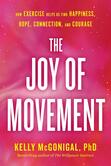

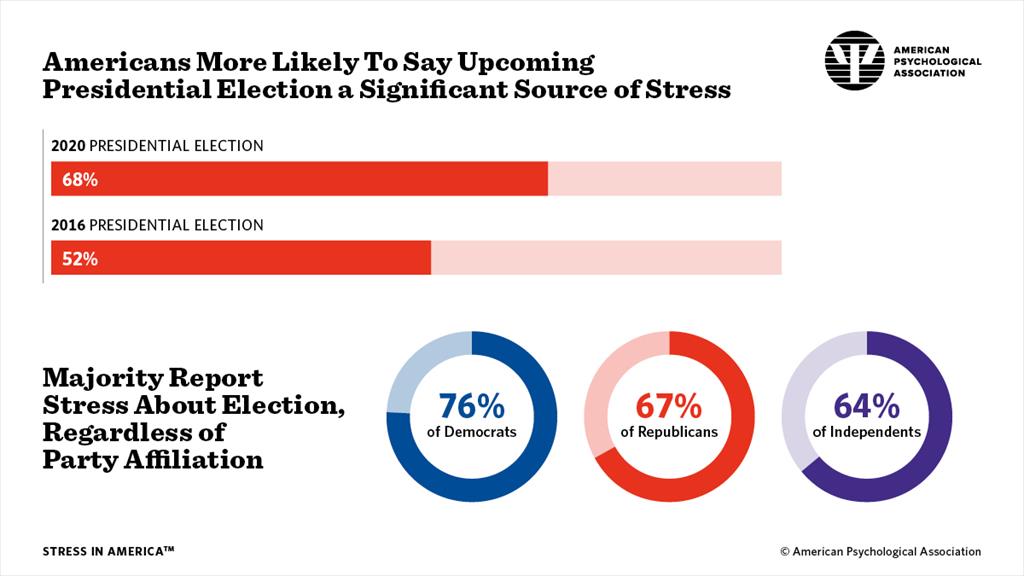
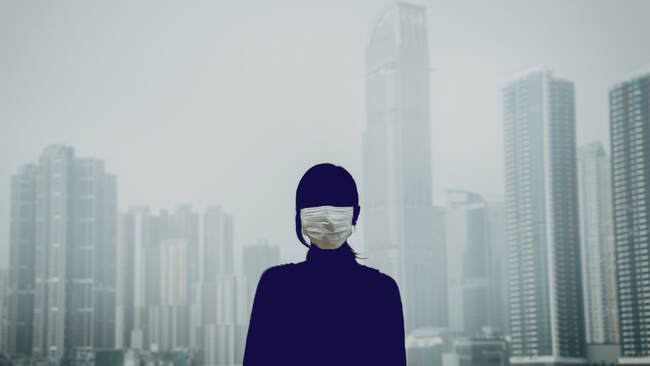
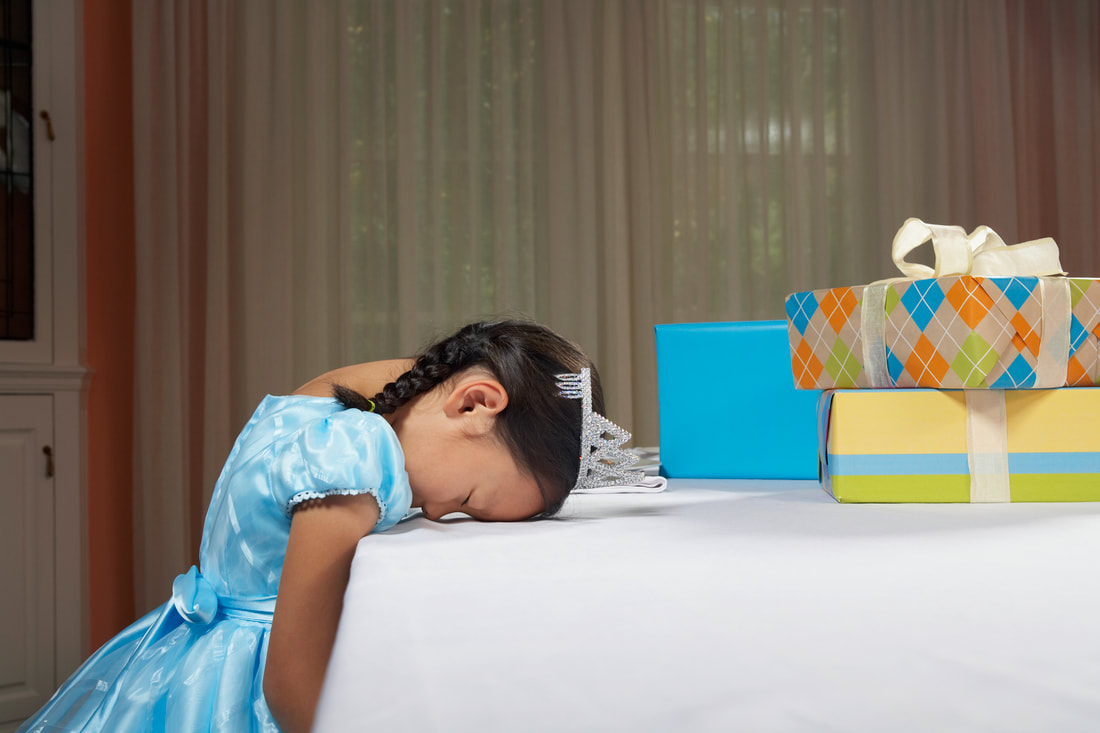

 RSS Feed
RSS Feed
